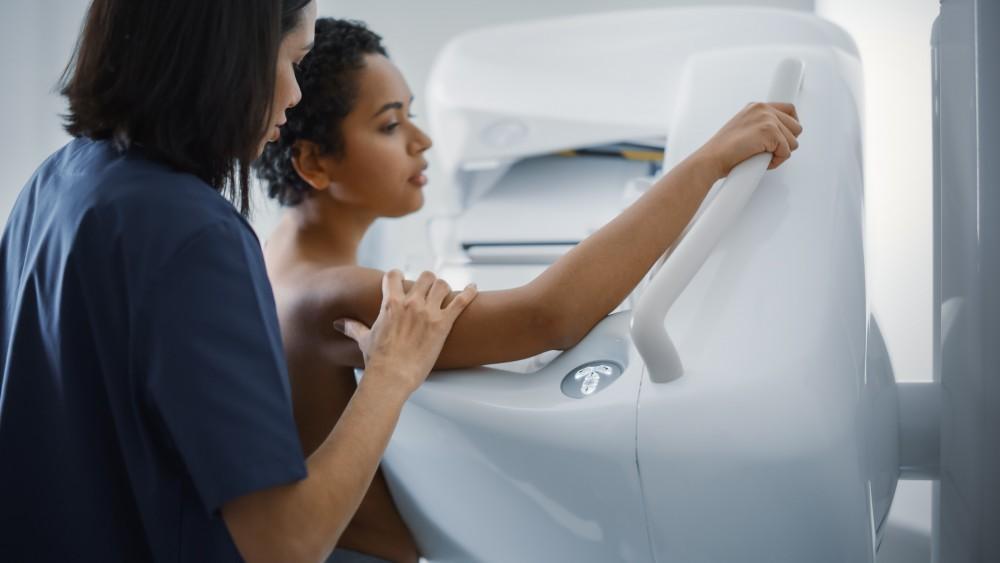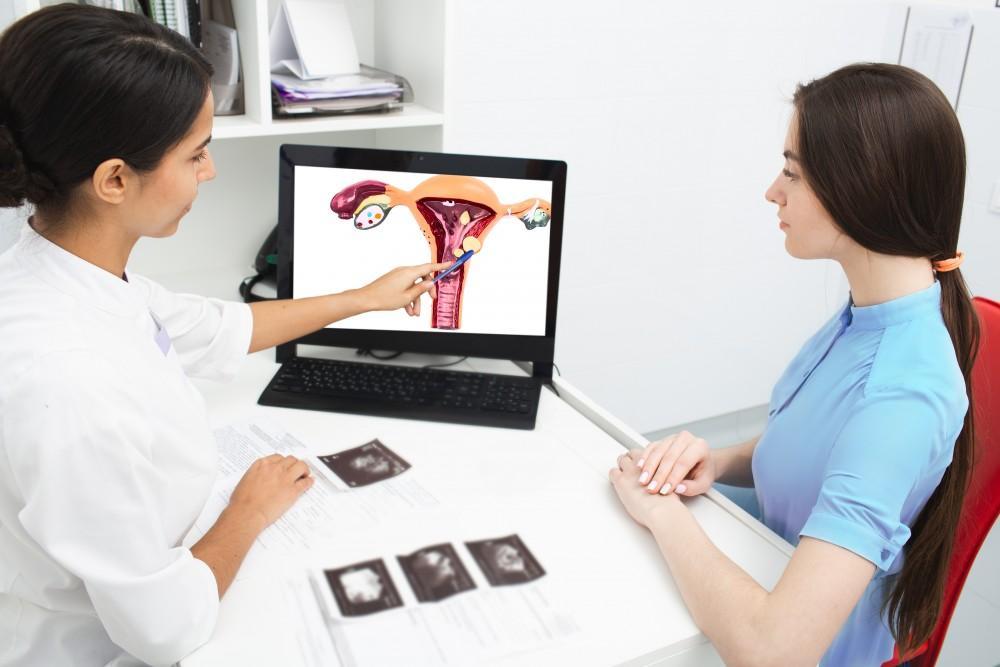
What to Expect From Your First 3D Mammogram
A mammogram is an X-ray of your breasts. It’s the best way to identify early...
Read MoreOne in every eight American women gets breast cancer in her lifetime. After skin cancer, it’s the most common type of cancer affecting women, but recognizing your risk factors and getting routine health screenings can help you stay healthy.
Everyone is at risk for breast cancer. (Yes, even males.) Certain factors like being female, getting older, or having a family history of breast cancer may make a breast cancer diagnosis more likely for you.
You can’t control your sex, age, or your family history. But researchers are studying the ways that lifestyle habits, diet, and other factors can impact breast cancer development, and there’s still a lot you can do to lower your risk.
Our team at The Women’s Center specializes in breast cancer prevention and screening. We provide mammograms, diagnostic testing, and personalized assessments to help you understand your risk and make healthy changes.
Today, we’re exploring the ways that your diet could lower (or increase) your risk for this common cancer.
Cancer develops with a combination of complex risk factors. There’s no surefire way to prevent it, but that doesn’t mean you can’t do your part to live a healthy lifestyle.
Overweight and obesity are leading risk factors for many cancers, including breast cancer. Your risk of breast cancer increases even more if you gain weight in middle age or after menopause, but maintaining a healthy weight could lower your risk of breast cancer.
Since your body weight is directly related to your diet and activity level, eating a balanced diet could help you lower your risk of cancer. Some foods have been shown to lower your risk of cancers, others may increase your risk, and still others may not affect your cancer risk at all.
Eating a diet with lots of fruit and vegetables is linked to a lower risk of certain breast cancers, in addition to helping you lose weight and maintain a healthy weight throughout life. Sugar and caffeine intake don’t affect cancer risk.
On the other hand, alcohol consumption can significantly increase your risk of breast cancer. One study reported that women who drink 2-3 alcoholic beverages per day have a 20% higher risk of breast cancer compared with women who don’t drink alcohol.
Eating a healthy diet could lower your risk of breast cancer — and it also reduces your risk for many other health conditions, from heart disease to diabetes. Making a habit of healthy eating benefits you now and for the rest of your life.
So what does a healthy diet look like? Our team recommends eating lots of fruit, vegetables, whole grains, and lean proteins like chicken and fish.
If you enjoy dairy products, choose low-fat or fat-free options. Limit processed foods, bakery items, and sugary drinks (including those with artificial sweeteners).
Fruit and vegetables in particular could help ward off breast cancer. One study found that women who eat more than 5½ servings of fruit and vegetables every day were 11% less likely to develop breast cancer than women who ate fewer than 2½ servings.
A healthy diet can lower your risk of breast cancer, but it’s still important to get routine health screenings.
Schedule your next well-woman exam at The Women’s Center at any of our offices in Orlando, St. Cloud, Altamonte Springs, Oviedo, Ocoee, Winter Park and Celebration, Florida, to find out what you can do to keep breast cancer at bay.
Contact us online or on the phone to get started.




A mammogram is an X-ray of your breasts. It’s the best way to identify early...
Read More
About 1 in 10 women has ovarian cysts. These small growths form on your ovaries,...
Read More
If you and your partner have decided you’re ready to start growing your family, you’re...
Read More